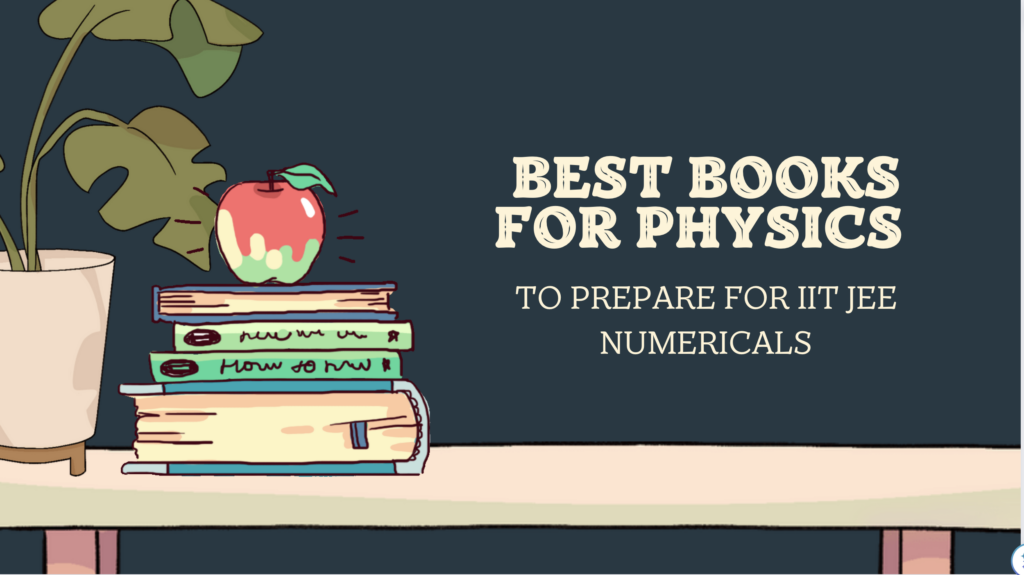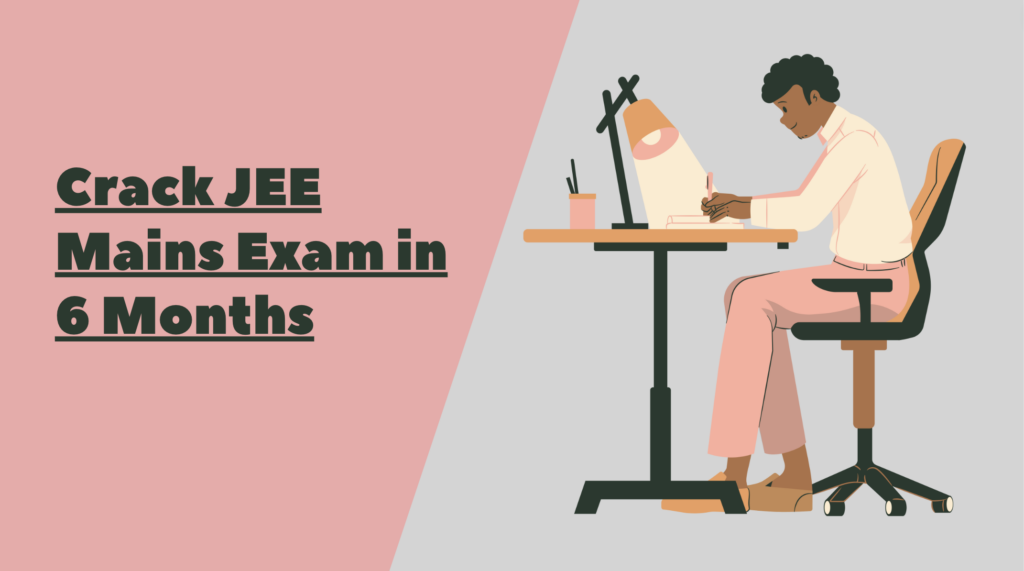10 Reasons To Study NCERT Books For JEE Main 2020
Joint Entrance Examination (JEE) is the most sought entrance exam for undergraduate engineering courses in India. JEE Main and JEE Advanced, both competitive entrance tests are the gateways for admissions to the various engineering institutions in the country.
After qualifying JEE Main, a student is eligible to take admission in various NITs, IIITs and other technical institutes, according to the student’s respective rank. After a student clears JEE Main cut off, there is another level of JEE namely JEE Advanced, which is for admissions to the IITs. With the surge of competitiveness in technical education, more than 10 lakh students appear for JEE Main each year.
Since JEE Main evaluates the candidates on their understanding of the basic concepts of class 11 & class 12 syllabus; therefore, most of the questions asked in JEE Main exam are on par with NCERT textbooks that are also followed by CBSE.
It is a general observation during JEE Main preparation that JEE aspirants ignore or do not pay much attention to NCERT books while preparing for JEE Main exam; instead, they follow the books that their tutors or teachers have suggested to them. Though those reference books may help in the preparation of JEE Main by providing more questions, NCERT books are sufficient enough to crack JEE Main. One might find it weird, but it is true.
Students study or follow NCERT books only for their CBSE board exams, but when it comes to JEE Main preparation, they don’t practice or follow NCERT books with the same zeal.
In the present scenario, there are numerous reference books that a student can opt for the JEE Main 2020 preparation. Students get stressed quickly while learning from reference books with super-thick spines that theoretically could take a year to finish.
Therefore, to avoid making wrong decisions while opting for study material to prepare for JEE Main, students must refer NCERT books for their JEE Main preparation and then practice mock tests for time management and the boost in their confidence level.
Reasons To Study NCERT Books For JEE Main
Students are advised to avoid munching out on big, fat reference books overloaded with a colossal amount of content including some unnecessary content that proves to be a hurdle in the smooth learning process of a JEE aspirant. Below mentioned are 10 reasons to study NCERT books to secure good marks in JEE Main 2020.
1) The faculty committee that set up the question papers for JEE Main has several times stated that their questions are based on NCERT textbooks. Therefore, the foundation of JEE Main preparation should be from the NCERT books. For JEE Main, a clear understanding of the basic concepts is necessary for all the JEE Main subjects.
2) Many times JEE Main questions are directly selected, or say slightly rephrased questions, from NCERT books. So it becomes imperative to study the concepts and practice the questions religiously mentioned in the NCERT books. For the particular purpose, students must refer to the NCERT solutions and read the theory from NCERT book to answer any NCERT book question asked in JEE Main.
3) NCERT textbooks cover the entire concepts required to prepare for JEE Main. Also, while studying the NCERT textbook, students do not have to dedicate separate time for their board exam preparation. It is because the NCERT book contains the topics that are needed to cover the exam syllabus of both, JEE Main and Class 12 CBSE Board, exams.
4) JEE toppers suggest studying the basic concepts from NCERT books. NCERT solutions help a lot in strengthening the foundation of each subject in JEE. NCERT books are a must-read for every JEE aspirant.
5) NCERT textbooks are helpful in swift revision as well. The chapter summaries are presented at the end of each chapter in the NCERT textbook, where a student can quickly grasp the key concepts that are discussed in the chapter. In this way, the chapter summaries provide a short and precise overview for quick revision.
6) For Chemistry, a student must complete the NCERT textbook at least twice before JEE Main. It has been observed that almost 60-75 % of the chemistry questions in JEE Main are directly picked from NCERT Chemistry textbook. NCERT textbook for chemistry is sufficient for inorganic chemistry. NCERT Chemistry solutions for class 11 and class 12 are beneficial during JEE preparation, as a student can revise all the critical chemistry concepts from those solutions.
7) For Physics, the basic concepts for several problems in JEE Main are from NCERT textbook. All you have to do is just rephrase or alter your answer according to the question asked in JEE Main. Questions asked in JEE Main may be tricky or complicated than mentioned in the NCERT textbook for Physics, but all those questions are rooted in the basics explained in NCERT textbook for Physics.
8) Highlighted concept boxes in the middle of the chapter are also necessary because many times the questions were asked in JEE Main based on those concept boxes. The summary at the end of the chapter gives a short but comprehensive overview of all the concepts that are discussed in the chapter. Students can go through those summary points for the revision purpose.
9) For Mathematics, it is imperative for JEE aspirants to practice all the problems in NCERT Maths book for Class 11 and class 12. In the previous years, several JEE Main maths questions were directly taken from NCERT textbooks and NCERT Exemplar. NCERT solutions for maths is useful while practising the NCERT questions. There may be fewer questions in NCERT maths textbook for rigorous practice, but the questions contained in the NCERT textbook are well researched and are formed based on different mathematical concepts covered in JEE Main syllabus.
10) The language written in NCERT textbooks is lucid in nature. It becomes easier for the JEE aspirants to easily comprehend and learn the concepts explained in the NCERT textbooks. It helps the students while practising previous years’ question papers once they have a clear understanding of all the basic concepts mentioned in the NCERT textbooks.



